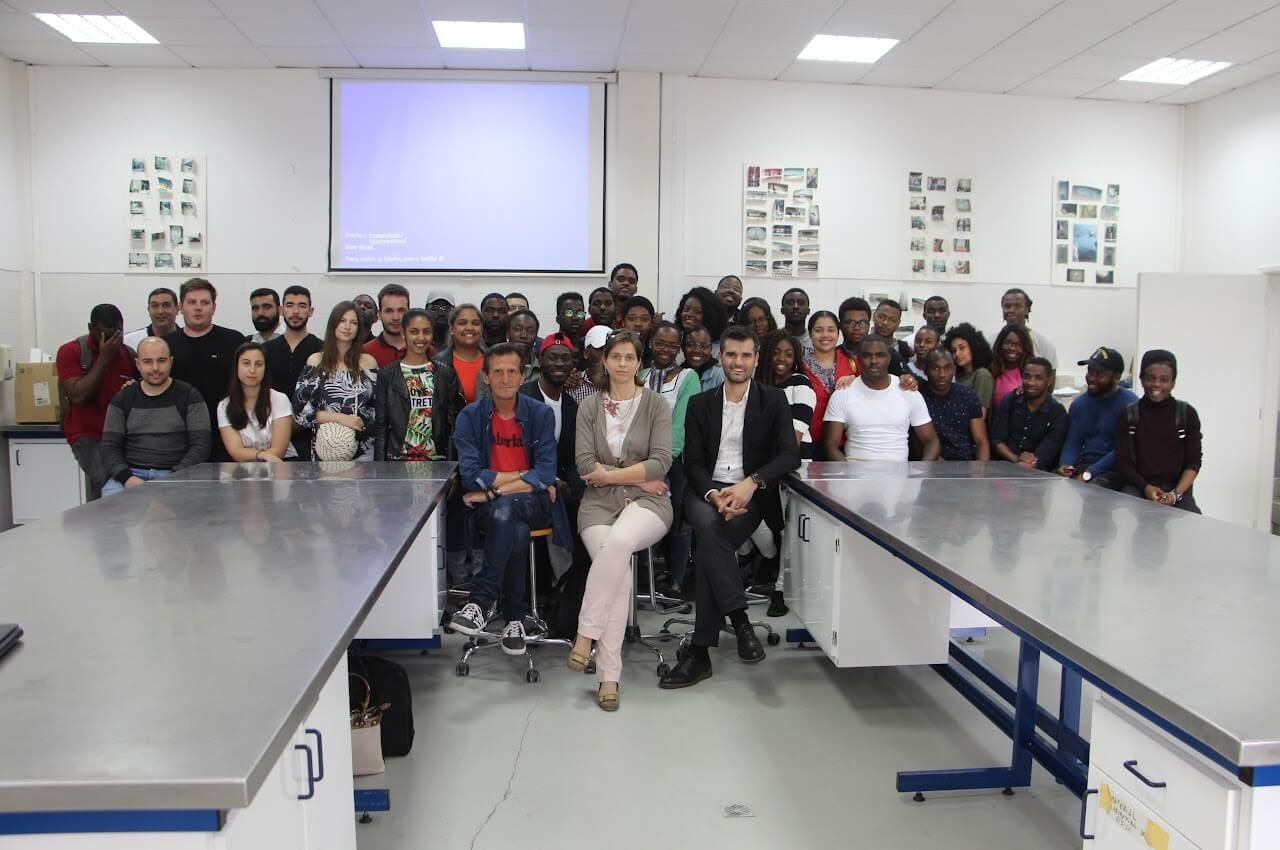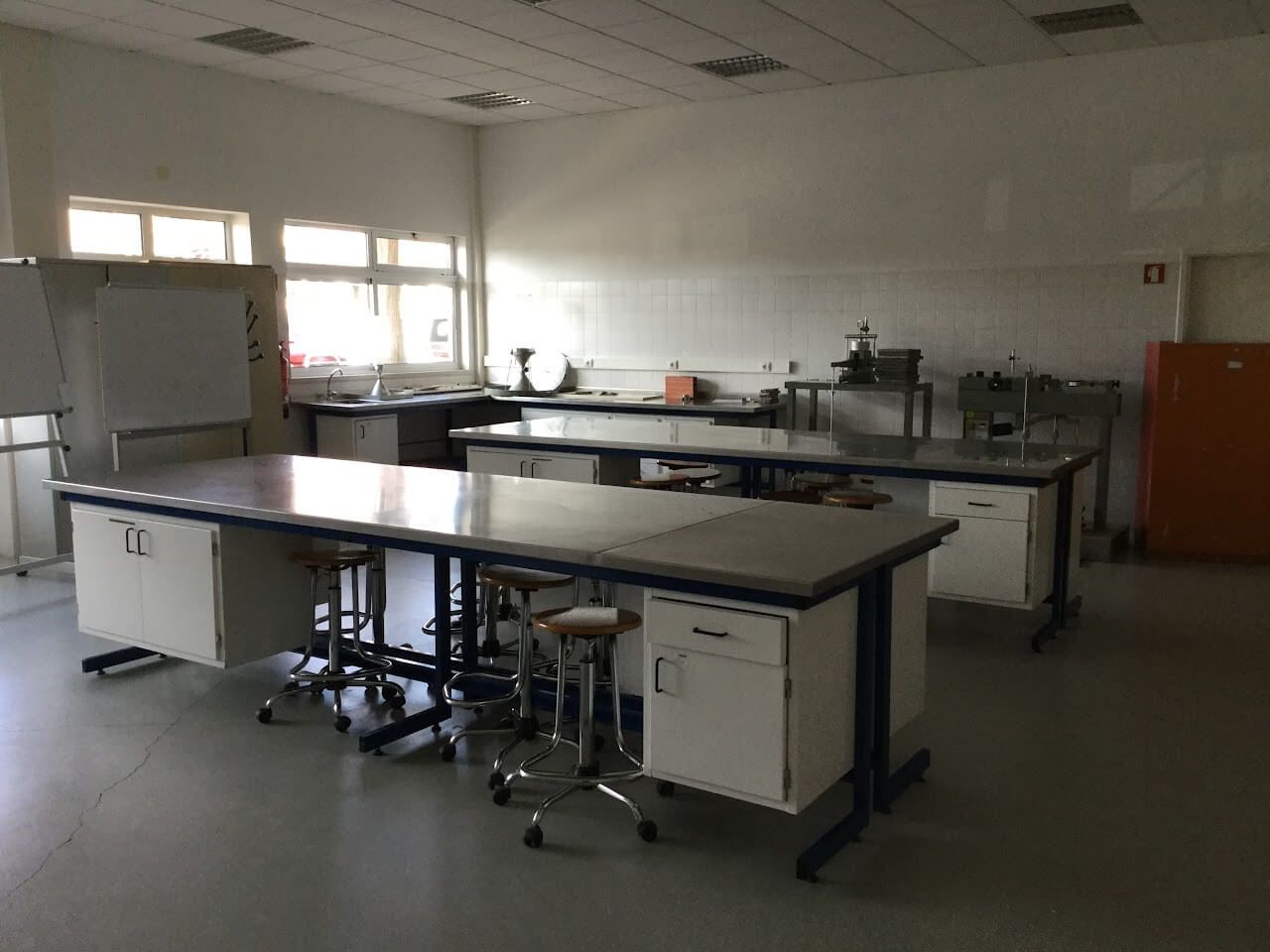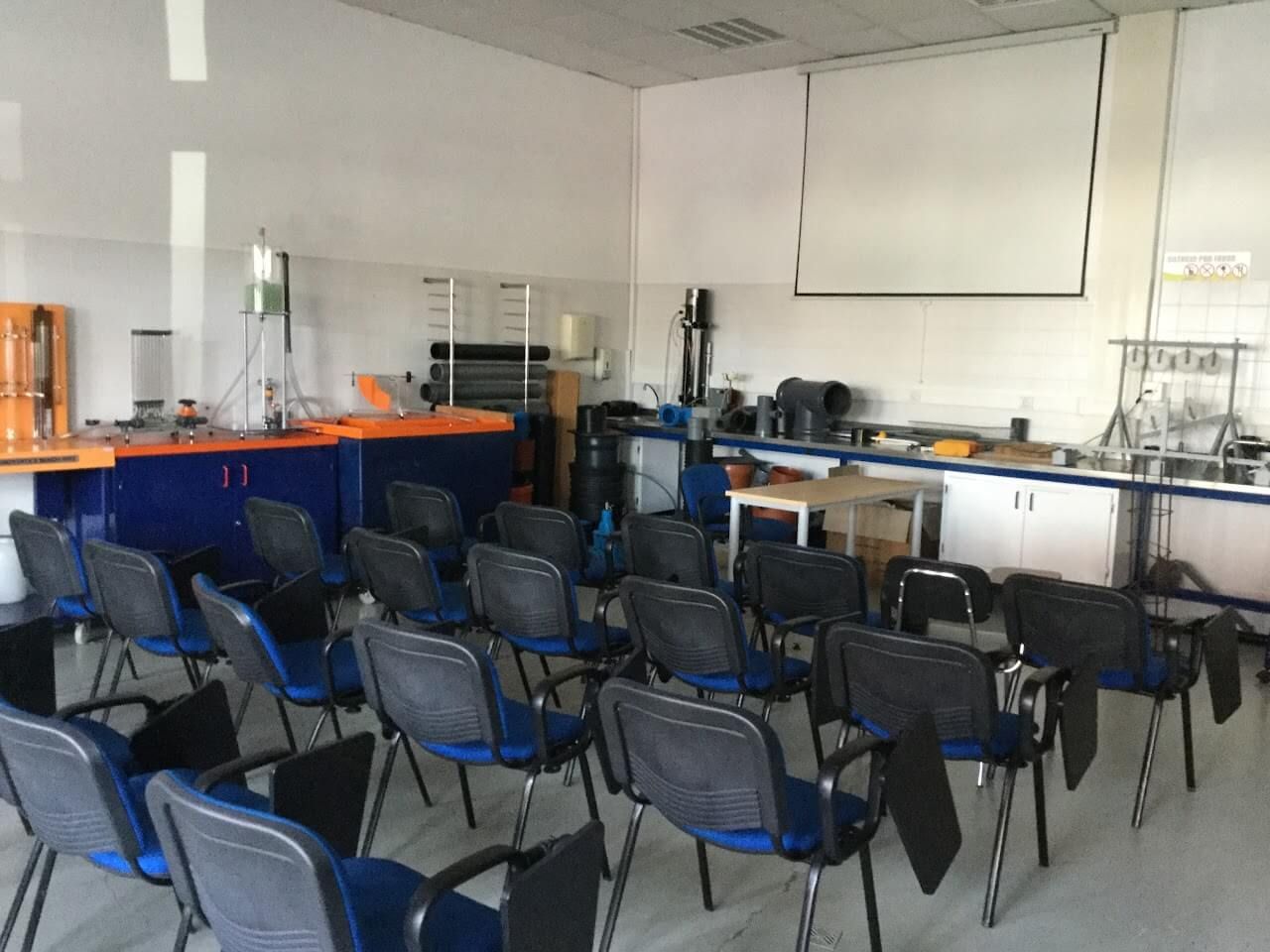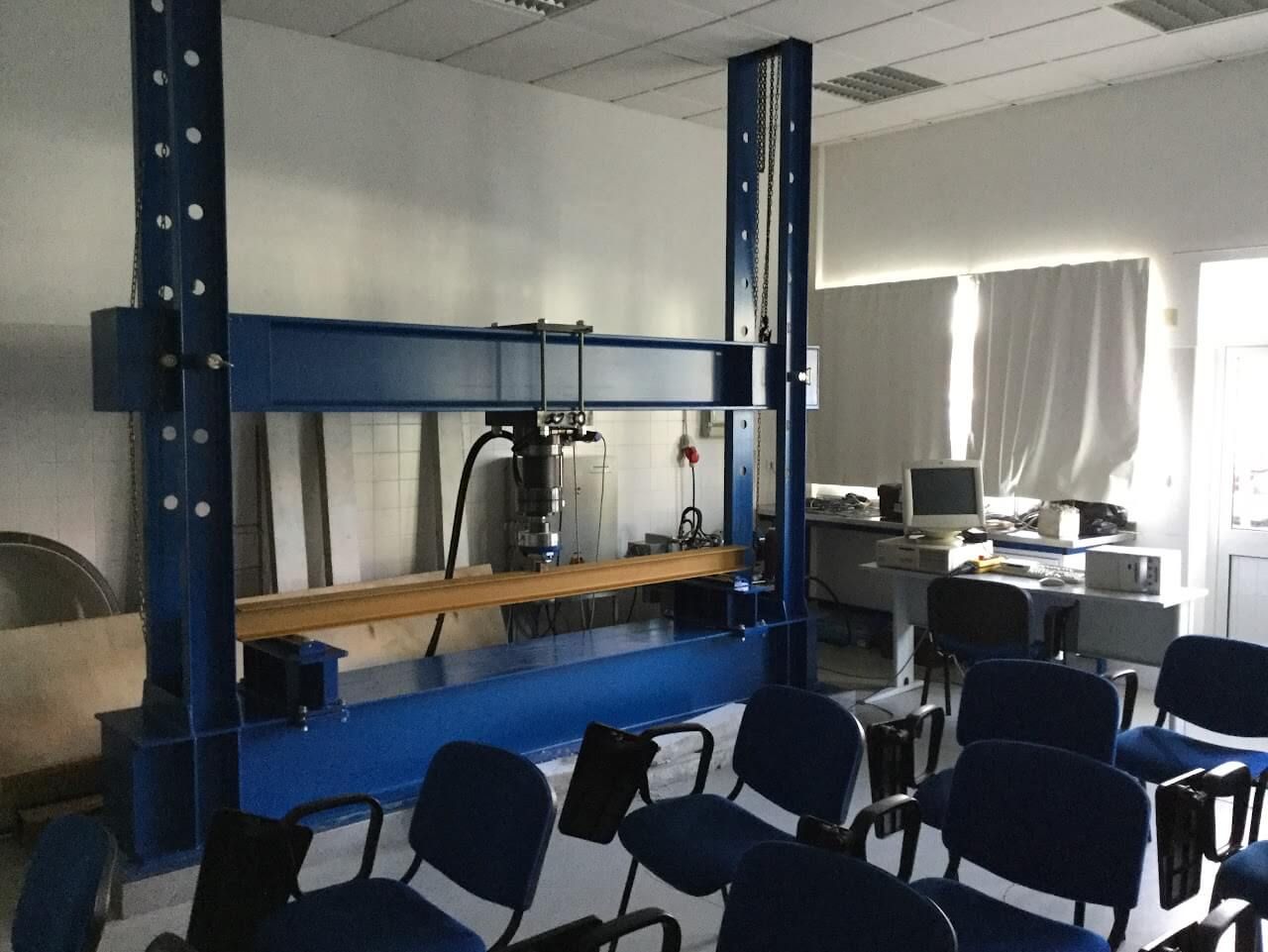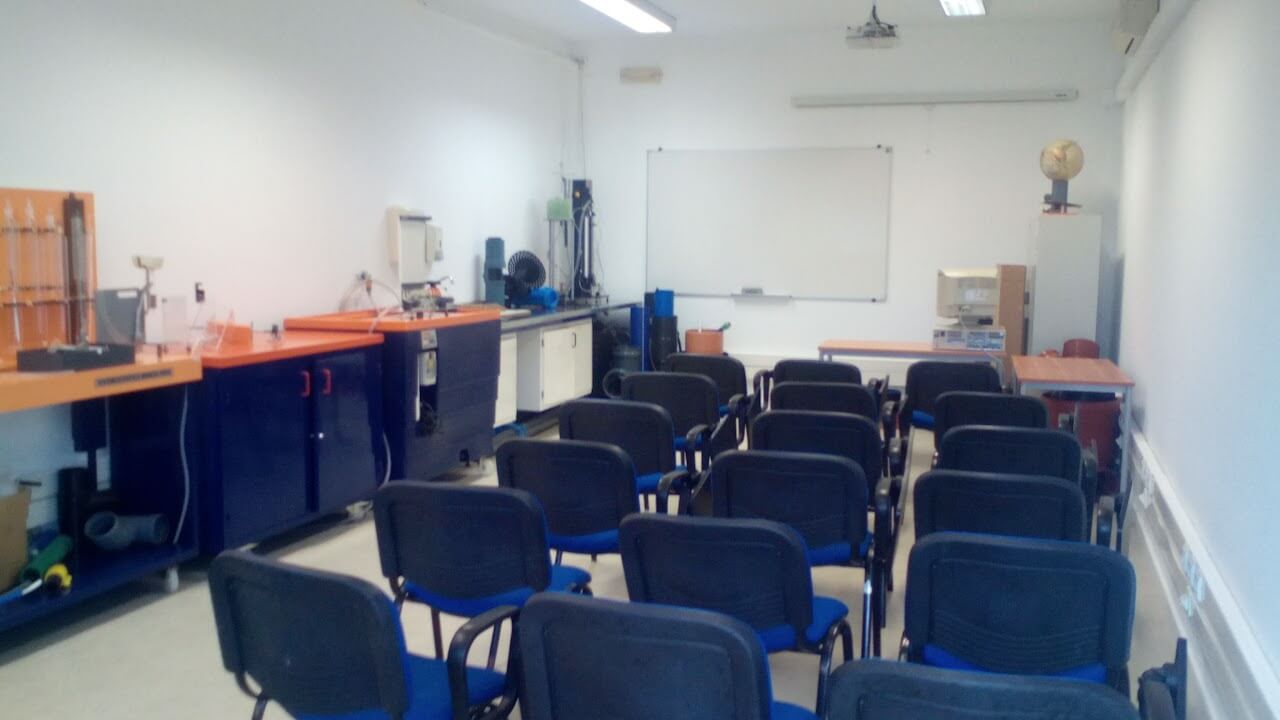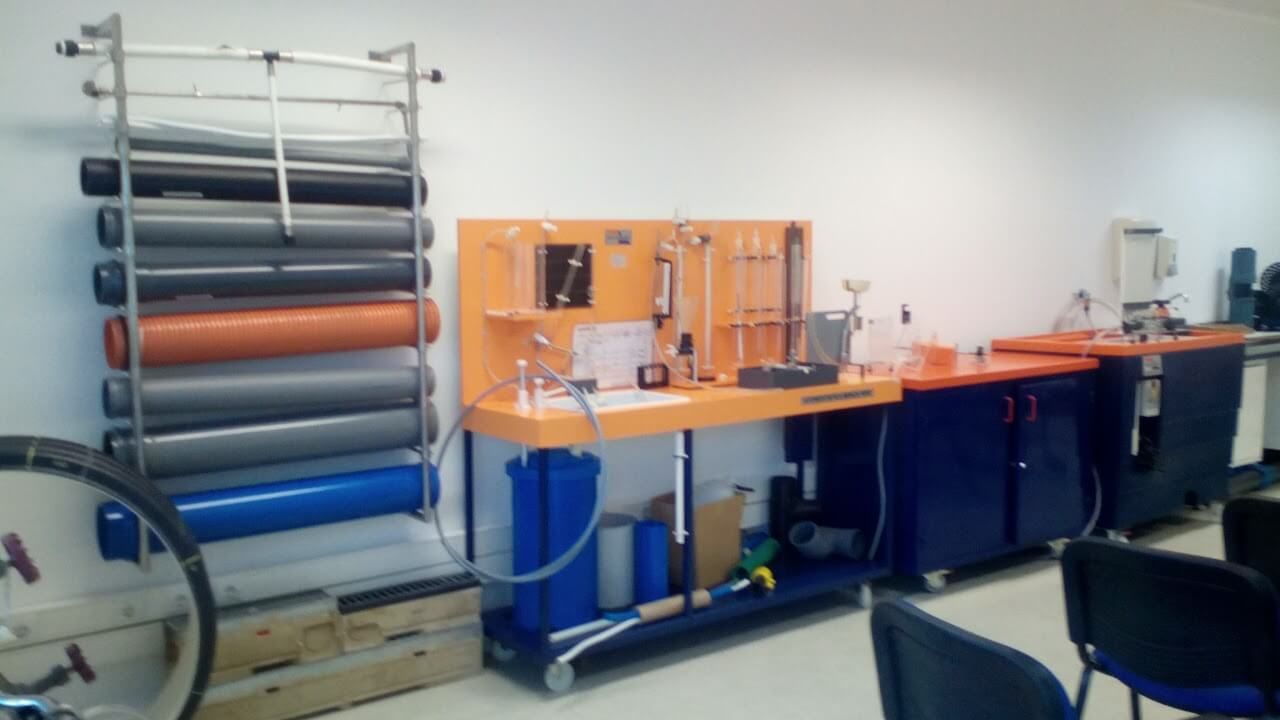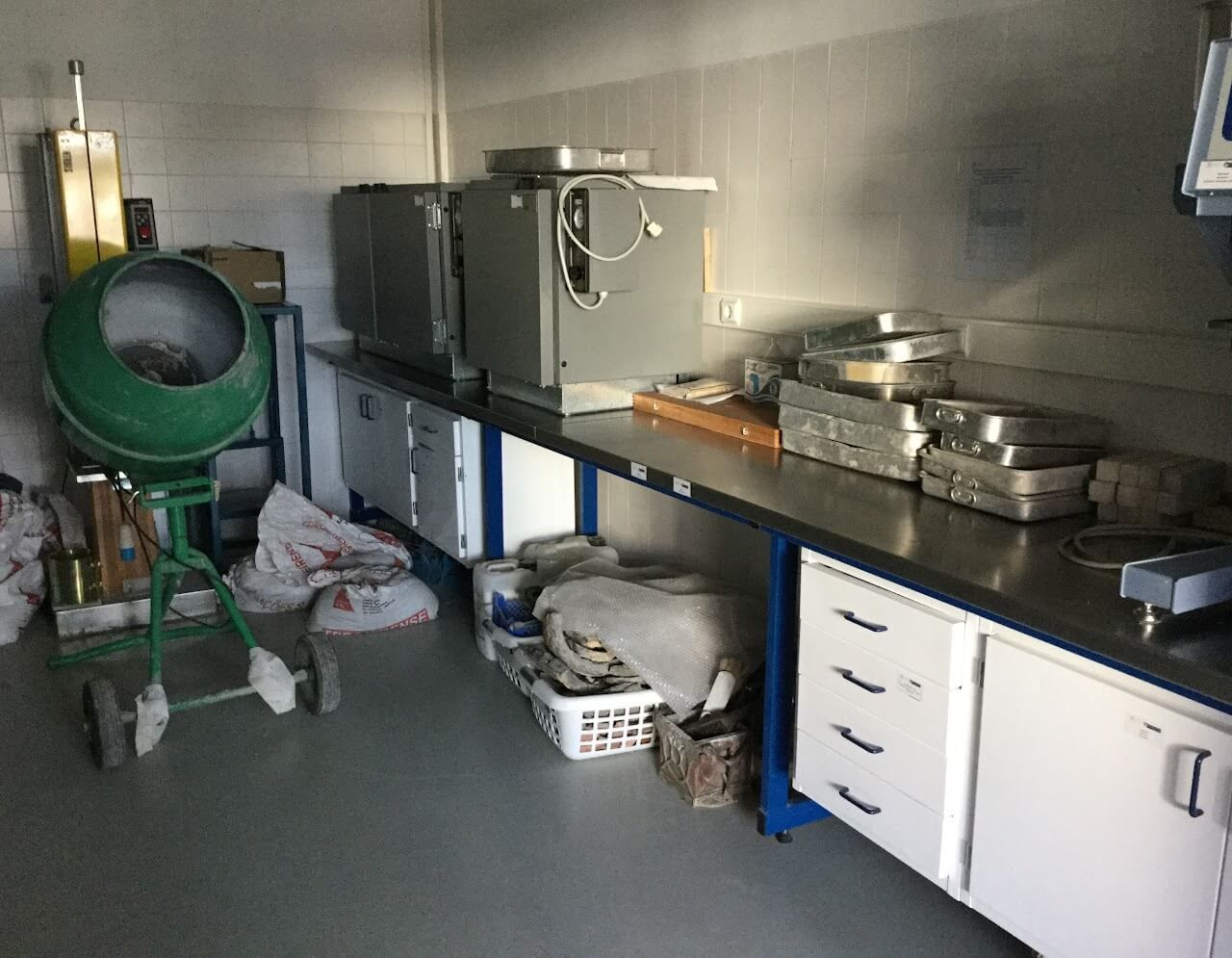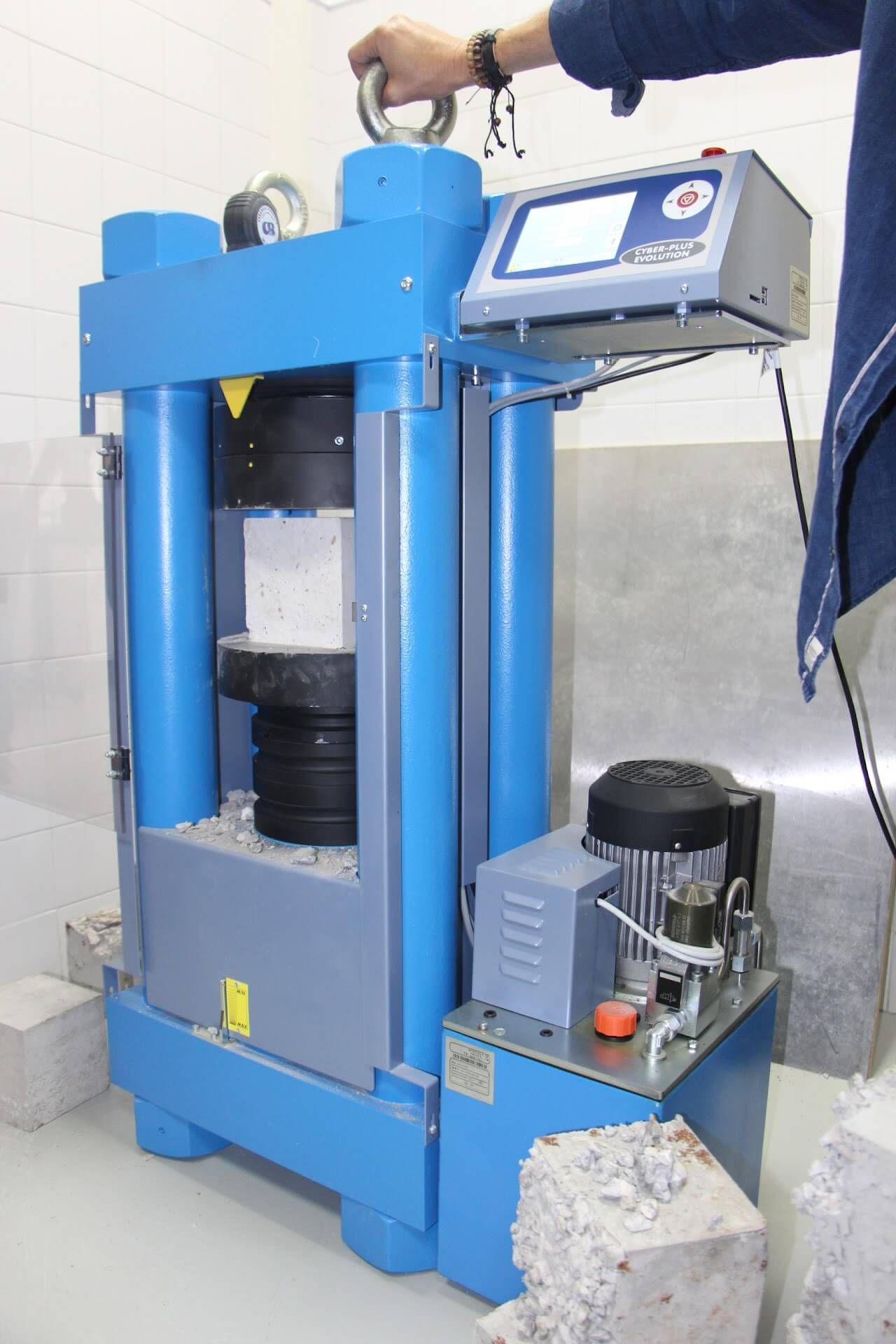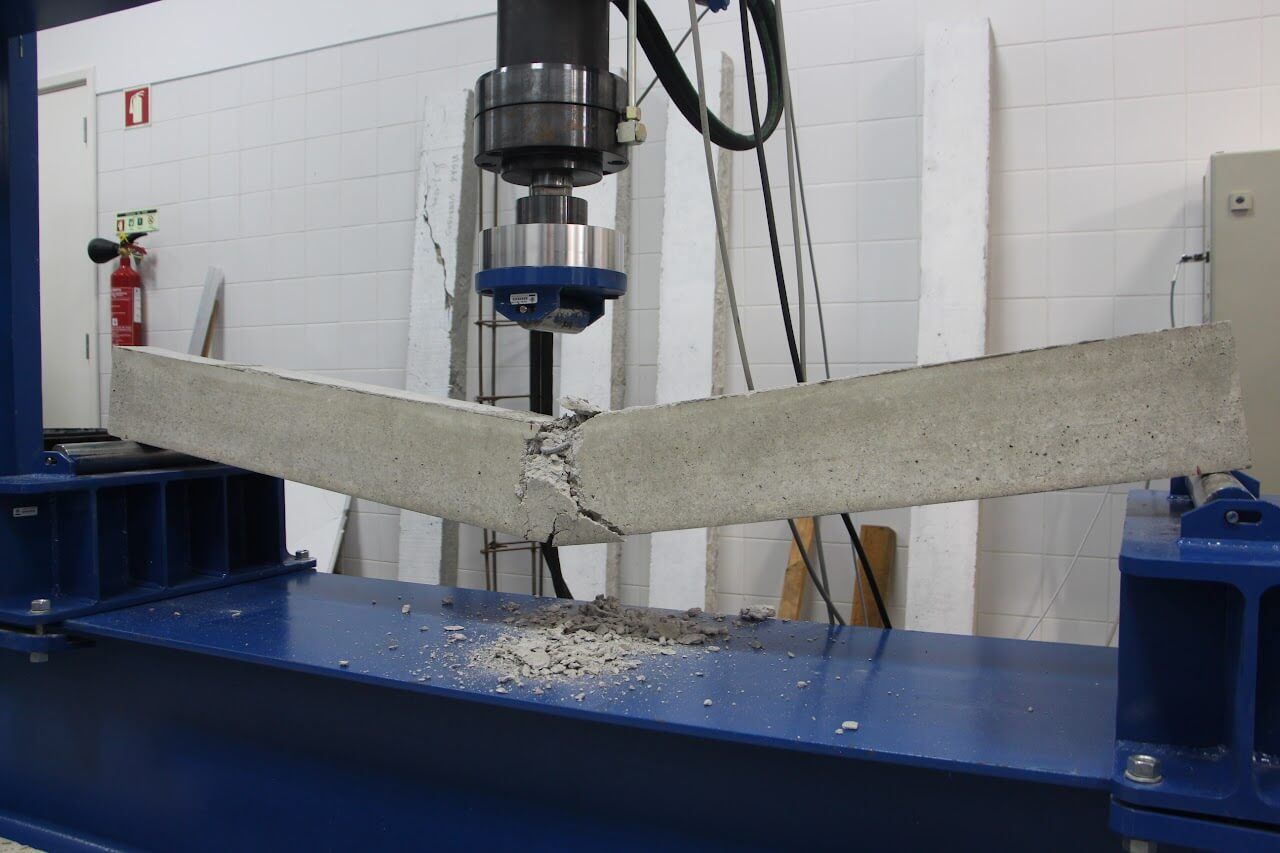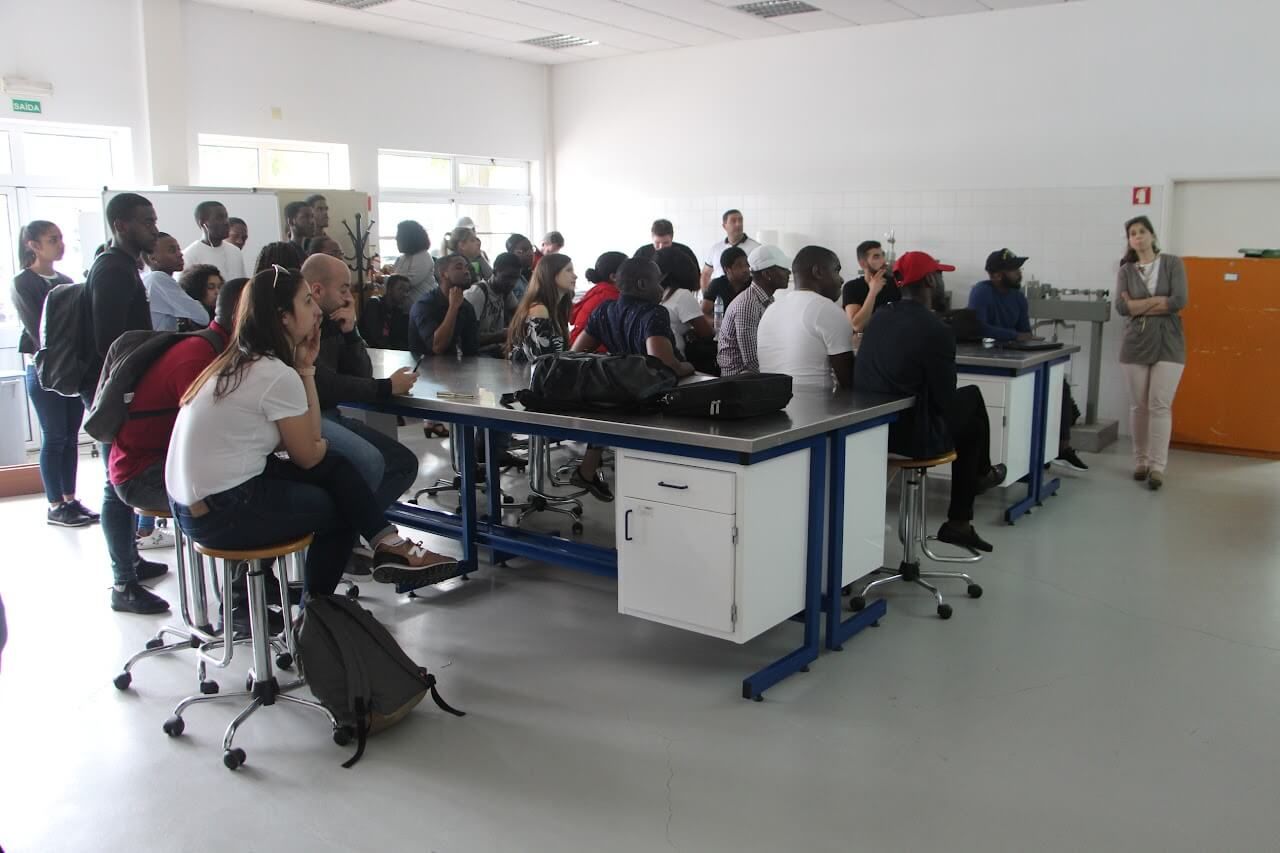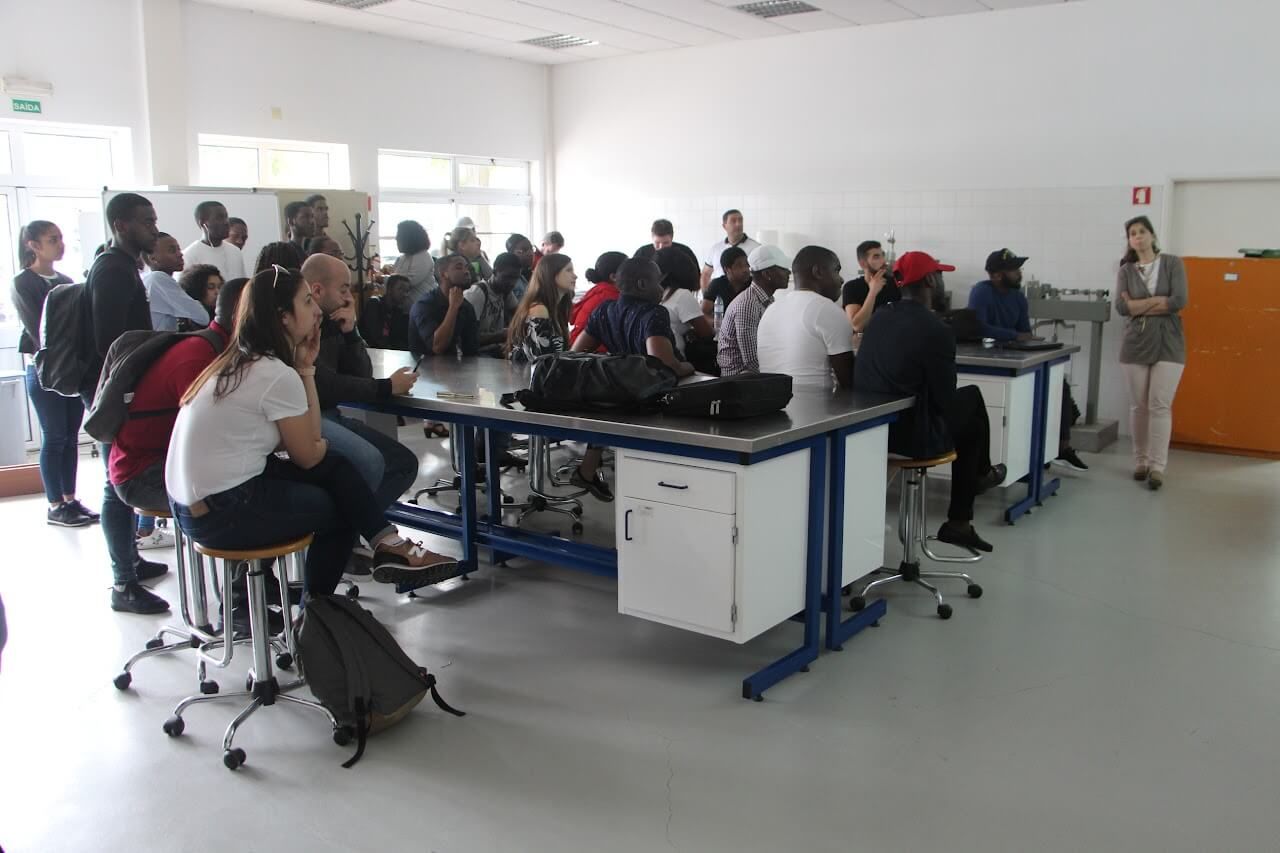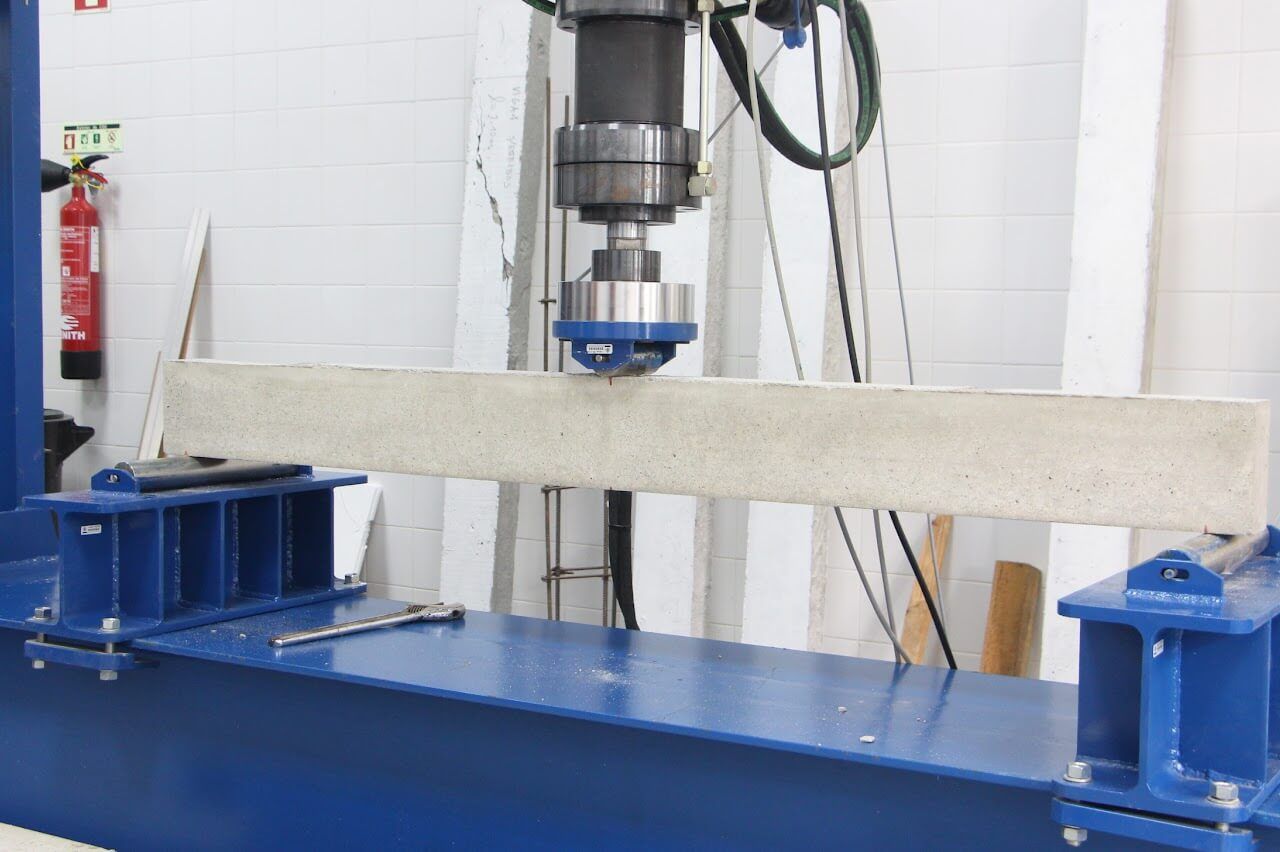About
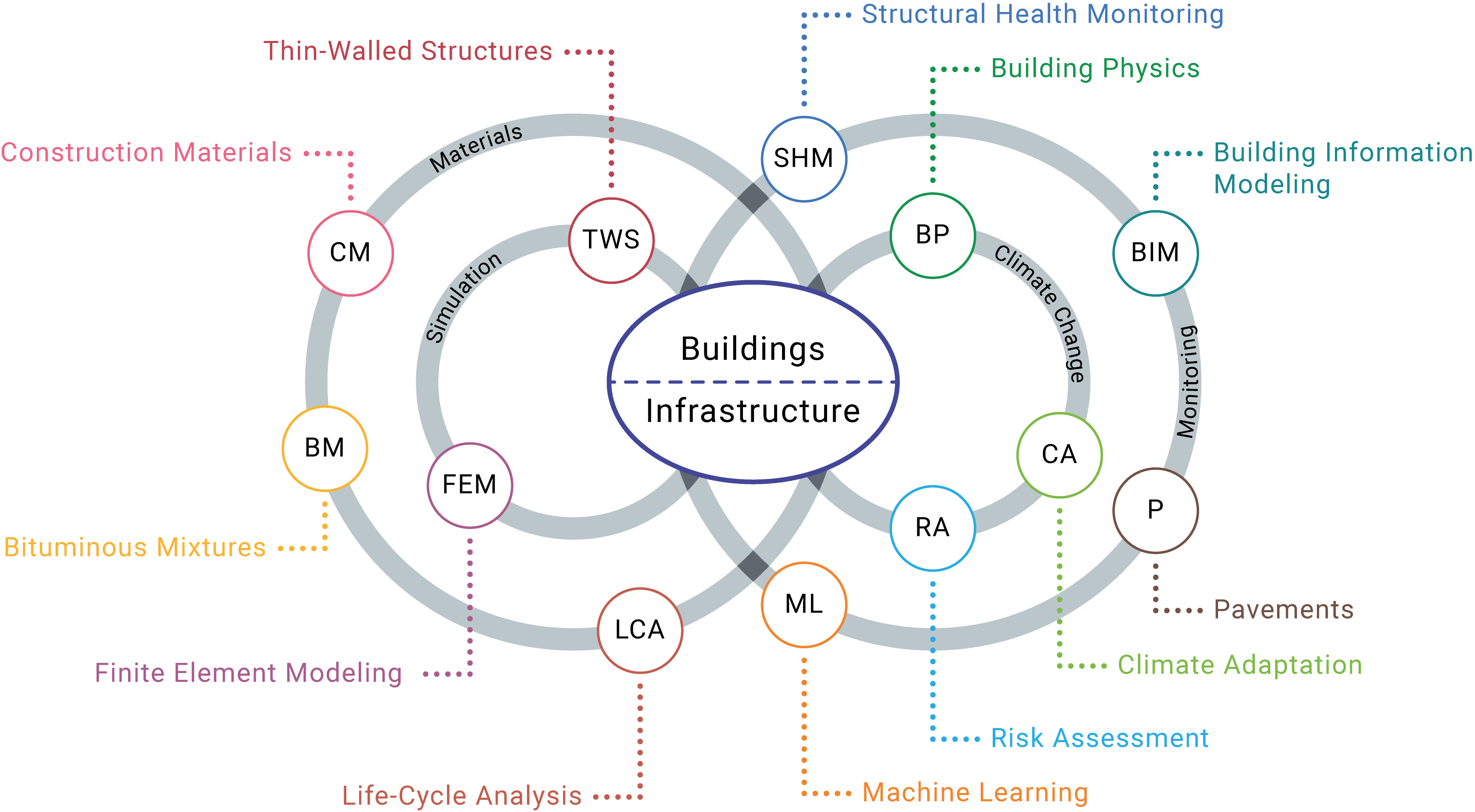
In response to a changing world, we've evolved. Our group is now RISE – Resilient Infrastructure, Systems and Environment – a research and development (R&D) group dedicated to creating sustainable and resilient solutions for the built environment. Formerly known as the Civil Research Group, this new identity reflects our commitment to forward-thinking infrastructure and environmental challenges.
Research topics
RISE is part of the Faculty of Engineering of the Lusófona University in Lisbon, and is rooted in the engineering field for sustainable and resilient buildings and infrastructure. It has been focused on three research topics:
- Structural Health Monitoring
- Circular Materials
- Resilience and Sustainability in Built and Natural Environments
Our vision
Civil construction faces a series of challenges and trends that will fundamentally transform the way we conceive, design, and (re) construct buildings and infrastructure. The fourth industrial revolution, namely the use of intelligent robots and autonomous vehicles, sustainability, and energy efficiency are leading civil construction to a different orbit than the one we have known for several decades.

Sustainable Development Goals
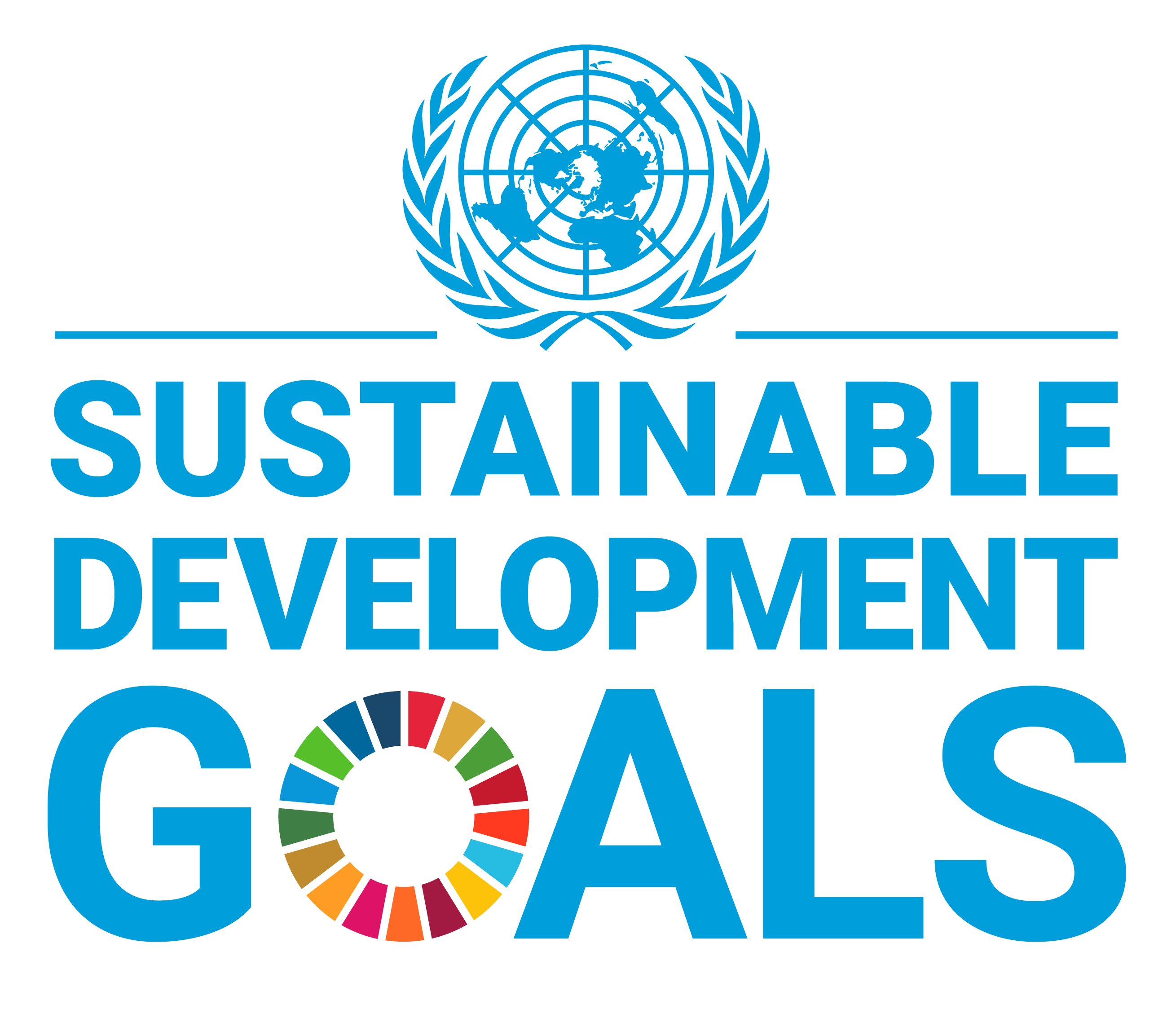
This group contributes to the Sustainable Development Goal (SDG) 9 and related SDGs 11, 12, and 13, by promoting sustainable and resilient infrastructure through the introduction of new technologies, materials, and innovation intended to facilitate efficient use of resources and guarantee the safety and comfort of people.
Specifically, this group contributes to the:
- SDG 9 (Industry, Innovation and Infrastructure) by developing sustainable and resilient infrastructures and promoting an efficient use of resources;
- SDG 11 (Sustainable Cities and Communities) by promoting resilient infrastructure through innovative design, risk-informed decision-making, and sustainable urban planning;
- SDG 12 (Responsible Consumption and Production) to do more and better with less materials, by promoting the circular economy of materials and the repeated use of the same material without downgrading its functionality which increases resource efficiency and leads to low-carbon and green economies; and
- SDG 13 (Climate Action) to take action to combat climate change and its impacts, by mitigating the carbon dioxide emissions through the production of new materials with less footprint in carbon emissions and adapting the existing structures.
People

Adilia Charmier, PhD

Carina Almeida, PhD
Hydrological and Climate Modeling
Assistant Professor
Orcid
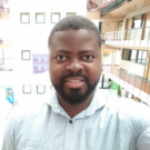
Diogo Pascoal, MSc
Building Information Modeling
Invited Professor
Orcid

Eloi Figueiredo, PhD
Structural Health Monitoring
Full Professor
Integrated Member
Orcid

Flávio Arrais

Hilda de Pablo, PhD
Hydrodinamic and biogeochemical modeling
Assistant Professor
Integrated Member
Orcid
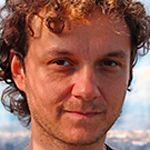
Ionut Moldovan, PhD
Finite Element Modeling
Associate Professor
Integrated Member
Orcid
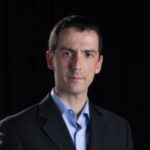
João Canto, PhD
Sensing Technology
Assistant Professor
Orcid

Laura Sousa, MSc
Structural Health Monitoring
PhD Student

Luís Quaresma, MSc
Road Pavements
Invited Associate Professor

Manas Sutradhar, PhD

Maria Manso, PhD
Sustainable Construction Materials
Assistant Professor
Integrated Member
Orcid

Michael Havbro Faber, PhD
Full Professor
Integrated Member
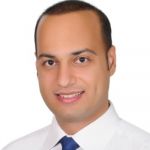
Mohammadmehdi Abedi, PhD
Assistant Professor
Integrated Member

Nuno Peres, PhD
Finite Element Modeling
Assistant Professor
Integrated Member
Orcid

Nuno Santos, PhD
Structural Health Monitoring
Assistant Professor
Orcid

Pedro Alves, PhD
Computer Science
Associate Professor
Orcid
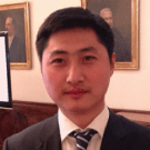
Yunlai Zhou, PhD
Structural Health Monitoring
External Collaborator
International collaborators
- João Weyl (UFPA)
- Moisés da Silva (UFPA)
- Adam Dreyton (UNIFESSPA)
- Samuel da Silva (UNESP)
- Mihai Nedelcu (Romania)
Students
- Sandra Pinto (PhD Student)
- Joyce Chidassicua (MSc Student)
- Ruben Teixeira (MSc Student)
Facilities
